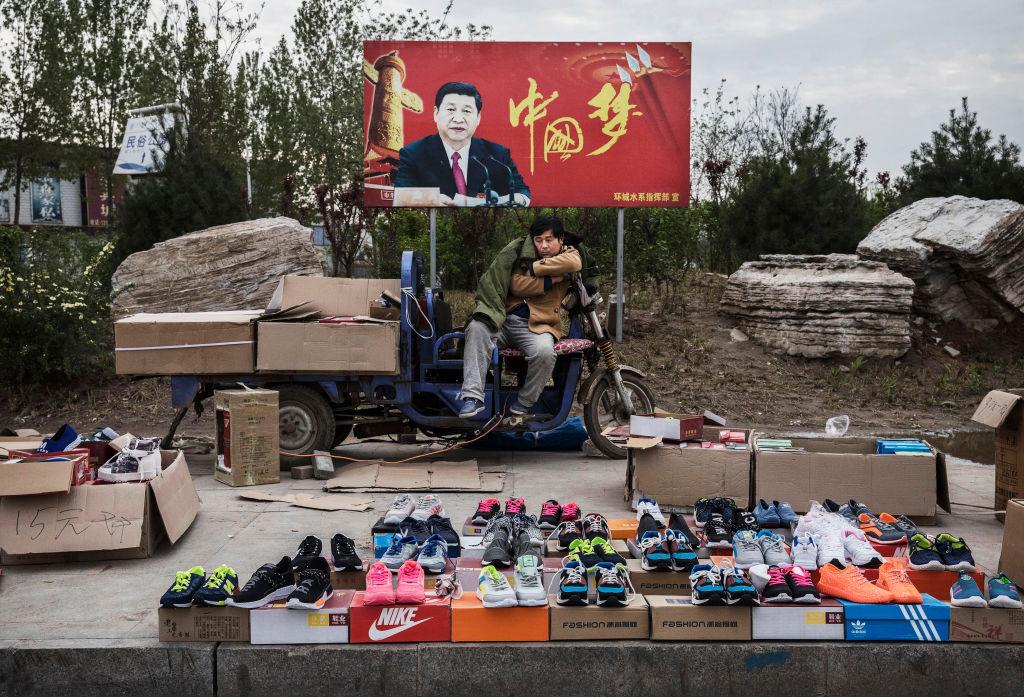China’s Interest Rate Cuts Might Not End Its Housing Crisis
China announced two surprise interest rate cuts. Will the rate cut help alleviate the pain in China’s beleaguered housing sector?
Aug. 23 2022, Published 9:01 a.m. ET
While consumers in most of the world are battling rising interest rates, China surprised markets with two interest rate cuts in August. Turkey is the only other major economy that is cutting rates but that’s more because of the “unconventional” monetary policies pursued by President Recep Tayyip Erdogan, who believes interest rate cuts help lower inflation.
China has also lowered the mortgage rates. The move comes after several reports of a crisis in the country’s housing sector. Would the rate cut help alleviate the pain in China’s real estate sector?
Why is there a housing crisis in China?
Most of the homes in China are sold before completion. While homebuilders get the money before delivering the home to the buyer, it leaves the buyer at risk of delayed construction, which is exactly what is happening now.
Property developers often use the cash to buy other parcels of land for future development. However, with China’s housing sales falling, the source of new funds for developers is drying up. Also, most property developers already have strained balance sheets and banks haven't been willing to lend to them. Evergrande, the largest property developer in China, has already defaulted on its debt.
Real estate is a key pillar of the Chinese economy.
While there are varying estimates, the real estate sector, which also includes housing, accounts for over a quarter of China’s GDP. While the country has been gradually transitioning towards being a consumption-driven economy, the real estate sector continues to be a key pillar of the economy.
There's a banking crisis in China.
The crisis in the housing sector is also impacting China’s banking sector. Thousands of mortgage borrowers have stopped repaying their loans for unfinished properties. These properties haven't been completed yet and the construction is running beyond schedule.
China decided to implement rate cuts.
At a time when the chatter in the U.S., which is the world’s largest economy, is about whether the Federal Reserve would raise rates by 50 basis points or 75 basis points at the next meeting, China, the world's second-largest economy, has cut rates to support sagging growth. It also lowered the five-year LPR (loan prime rate) by 150 basis points, which matches the previous record cut announced by the Chinese Central Bank.
China’s rate cut would lead to lower mortgage rates in the country and provide some relief to home buyers. However, it might not the proverbial magic wand for the country’s housing sector.
China’s economy grew at an annualized pace of 2.5 percent in the first half of 2022, which is less than half of what the country was officially targeting. It looks highly unlikely that China would be able to achieve the targeted rate and most brokerages expect the Chinese economy to grow by between 3 percent and 3.5 percent in 2022.
China’s economy is slowing down, but not crashing.
There's a structural slowdown in China which is made worse by its controversial zero-COVID policy and the crackdown on tech companies. Also, as more Western companies work towards a “China plus one” strategy and explore suppliers in other Asian countries, China’s growth outlook would receive another jolt.
All said, while China’s GDP growth has come down, it should be seen in a wider context. Even the U.S. economy contracted in the first half of 2022 and Europe is also slowing down, with the U.K. Central Bank warning of a severe recession. As for China, the economy would need to reset for a prolonged period of below 5 percent growth amid the changed geopolitics.


